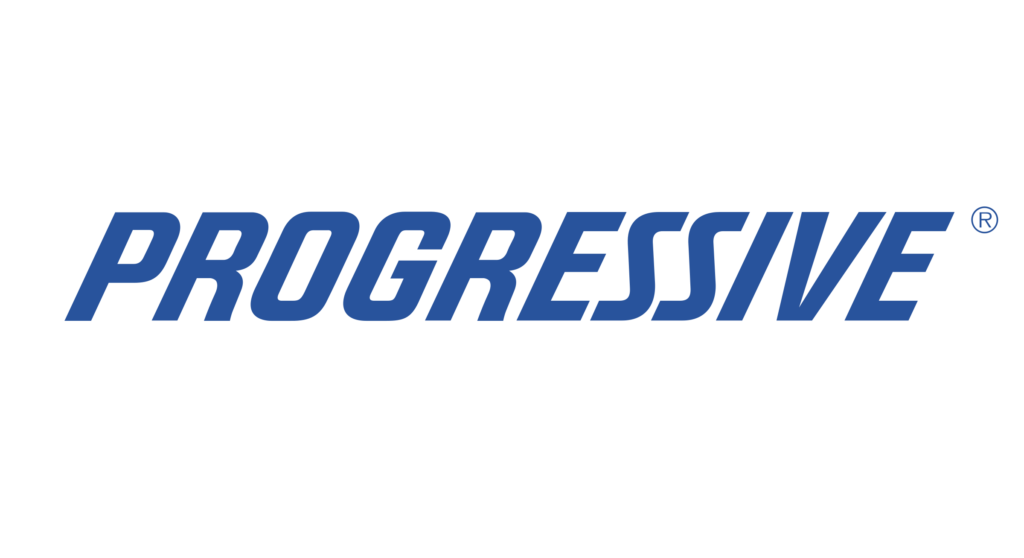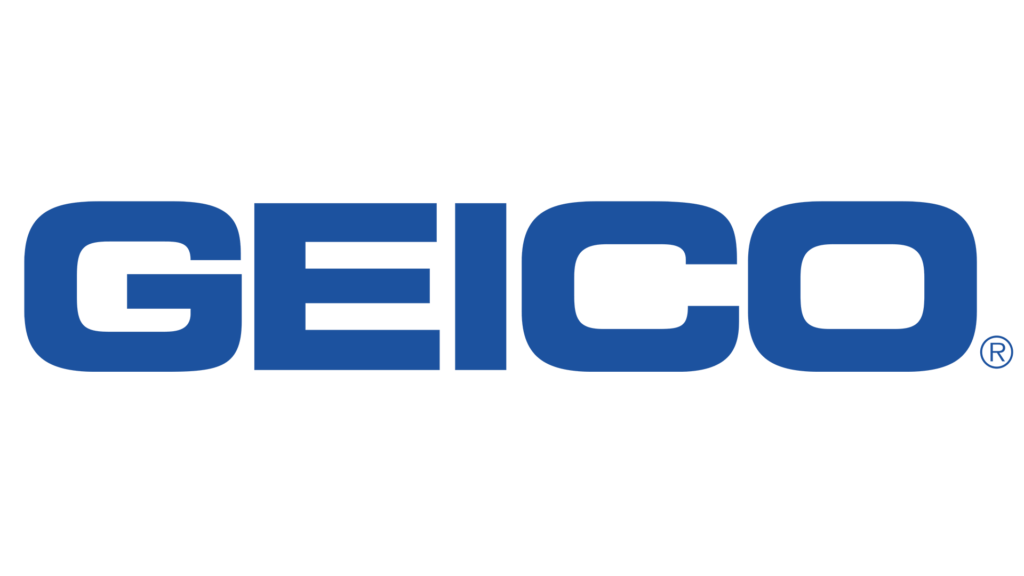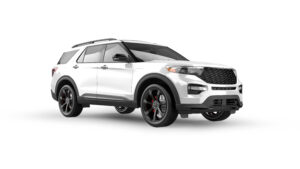Call a licensed agent: 833-964-9663
Home » Car insurance » By Vehicle » How much is Hyundai Insurance?
What does it cost to insure my Hyundai?

"*" indicates required fields
Over the past several years, Hyundai has become an extremely popular car brand. In 2022, Hyundai captured almost 11% of new vehicle sales in the U.S., marking its best-performing year since 1986. Additionally, Hyundai has become a top-selling brand of electric vehicles (EVs).
If you own a Hyundai or are thinking about buying one, it’s important to understand the cost of Hyundai car insurance. Car thieves have been targeting Hyundais because they’re easier to steal than other vehicles, which is affecting auto insurance premiums.
In this guide, we’ll look at which companies have the cheapest car insurance for Hyundais and help you choose the best car insurance based on your vehicle model, coverage needs, and driver profile.
Some Hyundais can be expensive to insure. Based on our sample rate data, the average cost of Hyundai insurance ranges from around $1,840 to $2,250 per year. However, your car insurance premium will depend on a variety of factors besides the make and model of your car.
When you apply for a car insurance quote, some of the criteria that insurance companies look at are your location, age, credit score, claim history, and driving record. Additionally, factors like your coverage type, coverage limits, and deductibles will affect your premium.
It’s also important to keep in mind that different Hyundai models have different insurance premiums. If you’re considering purchasing a Hyundai, it’s a good idea to get a car insurance quote for the model you’re interested in before you decide to buy the vehicle.
The cheapest Hyundai to insure is the Tucson, which has an average car insurance premium of $1,840 per year. It’s also one of the most popular models in Hyundai’s lineup. The Sonata has the highest average annual premium of around $2,250 per year.
In the table below, you can see the average annual car insurance premiums for some of Hyundai’s most popular vehicles.
| Model | Premium |
|---|---|
| Hyundai Kona | 2,026 |
| Hyundai Tuscon | 2,032 |
| Hyundai Santa Fe | 2,086 |
| Hyundai Palisade | 2,201 |
| Hyundai Elantra | 2,447 |
| Hyundai Sonata | 2,485 |
Annual rates for a single 35-year-old male, estimated using public rate filings sourced from First Interpreter. Rates do not represent actual quotes. Accurate as of January 2024.
The Hyundai Tucson is a compact SUV popular for its versatility and reliability. It's the cheapest Hyundai to insure.
The second most popular Hyundai, the Elantra is a compact sedan known for its efficient performance for daily driving.
As Hyundai's midsize SUV option, the Santa Fe offers spacious comfort, modern tech, versatile features, and a smooth ride.
The Hyundai Sonata is a stylish midsize sedan known for its sleek design, comfortable interior, advanced technology, and efficient performance.
The Hyundai Kona is a compact SUV that combines bold, youthful design with a peppy engine, modern tech, and agile handling.
The Hyundai Palisade is a full-size SUV offering spacious comfort, advanced safety features, upscale amenities, and a smooth ride for families.
There isn’t a single car insurance company that is the cheapest for all Hyundai owners. Your car insurance premium is determined based on a variety of unique factors, like your location, age, credit score, driving record, and policy preferences.
Additionally, the specific Hyundai model you own will impact your rate. For example, our average rate data shows that Hyundai Sonata car insurance is more expensive than Hyundai Elantra car insurance.
To find the most affordable Hyundai insurance for your situation, it’s helpful to get quotes from multiple insurance companies. Comparing rates will allow you to find the cheapest policy for you. To get started, you can use our comparison tool to find the best rates to insure your Hyundai.
| Carrier | Premium |
|---|---|
| Progressive | 1,581 |
| USAA | 1,612 |
| Geico | 1,714 |
| Auto-Owners Insurance | 1,757 |
| Nationwide | 1,815 |
| Travelers | 1,958 |
| State Farm | 2,062 |
| Farmers | 2,591 |
| Allstate | 2,632 |
Annual rates for a single 35-year-old male, estimated using public rate filings sourced from First Interpreter. Rates do not represent actual quotes. Accurate as of January 2024.






"*" indicates required fields
Insuring a Hyundai can be more expensive than insuring a different vehicle. However, not all Hyundai owners will pay above average rates for car insurance.
For instance, if you have a clean driving record, no previous insurance claims, and excellent credit, you will probably pay less for auto insurance than a Hyundai owner with poor credit and several accidents on their record.
In addition, Hyundais with a higher value will be more expensive to insure than Hyundais with a lower value. This is why the Tucson SE, with an MSRP of $27,250, has a lower insurance premium than the Tucson SE Hybrid, which has an MSRP of $32,325.
Although some Hyundais have expensive insurance rates, it’s possible to reduce your premium. You can often qualify for car insurance discounts, pay your annual premium in full, take a defensive driving course, or bundle your policies to get a cheaper rate.
If you’re thinking about buying a Hyundai, your car insurance provider options could be limited.
Millions of Hyundai models from model years 2011 to 2022 are at an increased risk of theft because they lack an engine immobilizer. This feature, which is common in most vehicles, prevents the engine from starting when the key isn’t nearby.
Due to this increase in theft, Allstate, Progressive, and State Farm announced that they would stop covering Hyundai models without an engine immobilizer.
Personalized rate estimates at the top insurance companies in your state
Your rates will vary based on where you live, your age, and other factors like your driving record
Rate Retriever rates are based on public rate filings obtained by analytics company First Interpreter. This data comes from the rating plans insurance carriers submit to each state’s department of insurance. Rating plans detail how each carrier calculates premiums using factors such as location, age, gender, and driving record, and they ensure that insurance premiums are both fair and competitive.
For the data on this page, we made the following assumptions: a 35-year-old single male with a clean driving record and Good credit score. We adjusted this profile by vehicle make, model, trim, and year to determine the rates you see on this page.
These rates are not actual quotes and should only be used for comparative purposes. Your rates can vary significantly based on your unique driver profile.
At Rate Retriever, our mission is to make the way you shop for insurance transparent and fair through user-friendly tools that respect your privacy and deliver reliable, comprehensive results.
So we took everything we hated about comparing insurance quotes online – the spam, the long questionnaires, the limited choices, the inaccuracy of quote prices – and threw it out the window, favoring a short form that more accurately estimates what you’ll pay at each of the top insurance providers near you.
Rate Retriever is an independent company that is not owned by an insurance provider, nor do we provide insurance ourselves. This independence allows us to be your free and impartial insurance research tool, helping you make the best decisions for your insurance needs.
We may earn a commission when you click one of the links or call one of the providers listed on our site; however, we do not allow our partnerships to influence which information we provide.

Dig up the best insurance providers in seconds
"*" indicates required fields
Copyright © Rate Retriever Insurance Services LLC, a wholly-owned subsidiary of Soleo Communications, Inc. 2024. All Rights Reserved. Use of Rate Retriever’s services is subject to our Privacy Policy, Disclaimer, and Terms and Conditions. Accessibility statement. Cookie policy. Do Not Sell My Personal Info.